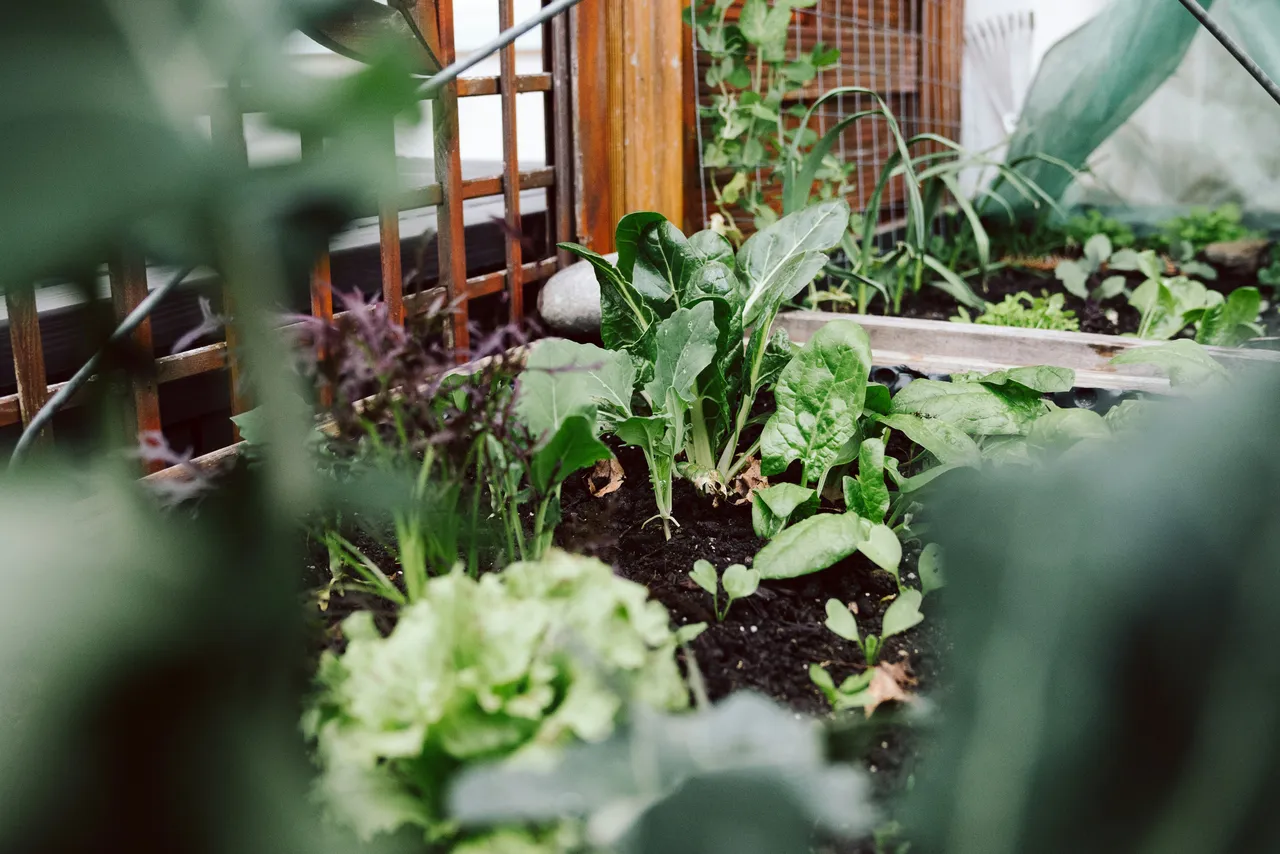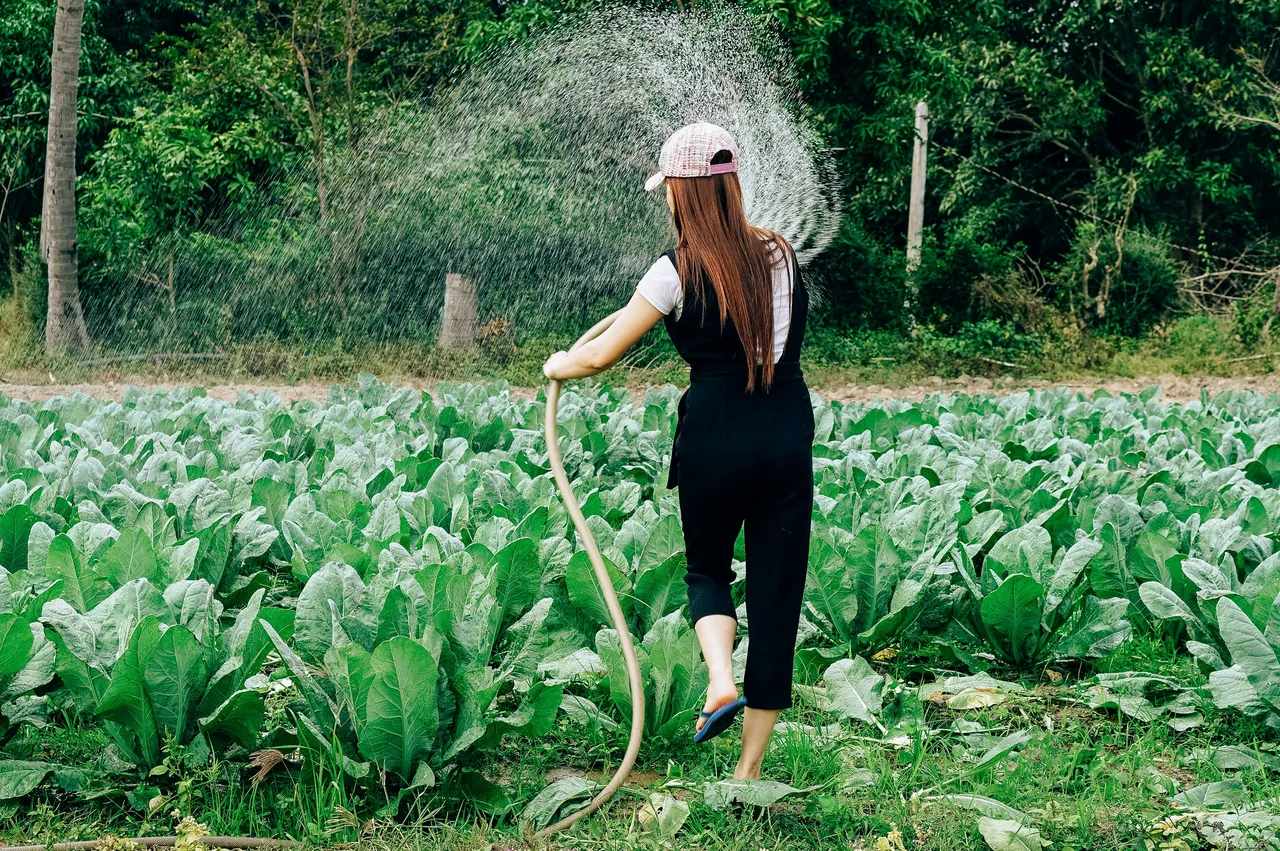
Innovative Watering Techniques for Thriving Gardens
Discover innovative watering techniques to keep your garden flourishing. From self-watering systems to drip irrigation, learn how to maintain a thriving green space efficiently.
Self-Watering Systems
Self-watering systems are a game-changer for busy gardeners. These systems utilize reservoirs to store water, which is then gradually absorbed by the plants as needed. This method not only conserves water but also ensures that your plants receive a consistent amount of moisture, reducing the risk of over or under-watering. Whether you're growing vegetables, flowers, or herbs, incorporating a self-watering system can lead to healthier plants and higher yields.
Another advantage of self-watering systems is their versatility. They can be easily integrated into container gardening, making them perfect for urban balconies and patios. With a range of DIY options available, you can customize a system that fits your garden's specific needs.
Drip Irrigation
Drip irrigation is a highly efficient watering technique that delivers water directly to the base of the plant. This targeted approach minimizes water waste and reduces the chances of diseases such as mildew, which can occur with overhead watering. By installing a drip irrigation system, you can save time and ensure your plants receive the right amount of water without the guesswork.
In addition to conserving water, drip irrigation systems can be automated with timers, further simplifying your gardening routine. This method is particularly beneficial for vegetable gardens and flower beds, where precise water management can significantly impact plant health and productivity.
Rainwater Harvesting
Capturing and utilizing rainwater is an eco-friendly and cost-effective watering solution. By setting up a rain barrel or a more elaborate rainwater harvesting system, you can collect rainwater during wet seasons to use in your garden during drier periods. This not only reduces your water bill but also makes use of a valuable, natural resource.
Rainwater is particularly beneficial for plants because it is free of the salts, chlorine, and other chemicals found in tap water. Using rainwater can lead to healthier soil and plants, enhancing the overall vitality of your garden.
Mulching for Moisture Retention
Mulching is an often-overlooked but critical component of efficient garden watering. Applying a layer of mulch around your plants helps retain soil moisture, reducing the need for frequent watering. In addition, mulch helps regulate soil temperature, suppress weeds, and improve soil quality over time.
There are various types of mulch to choose from, including organic options like straw, wood chips, and compost, which break down over time and enrich the soil. Inorganic mulches, such as pebbles or landscape fabric, can also be effective, especially in decorative gardens or around pathways.
By implementing these innovative watering techniques, you can create a thriving garden that is not only beautiful but also sustainable. Whether you have a small balcony garden or a large backyard, these methods can help you conserve water, save time, and enjoy the rewards of a healthy green space.
This article was developed using available sources and analyses through an automated process. We strive to provide accurate information, but it might contain mistakes. If you have any feedback, we'll gladly take it into account! Learn more

